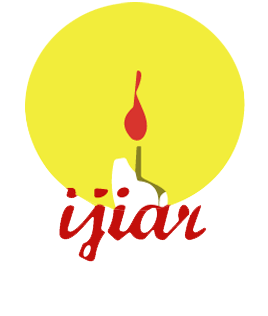Neutrophil Dynamics: Unveiling Their Role in HIV Progression within Malaria Patients
Co-infection with HIV and malaria presents a multifaceted clinical scenario with intricate immunological interplays, wherein neutrophils, the primary mediators of innate immunity, emerge as pivotal actors. This paper aims to comprehensively analyze the dynamic role of neutrophils in the progression of HIV within the context of malaria co-infection. Neutrophils, conventionally viewed as short-lived effectors, exhibit remarkable plasticity and multifunctionality, contributing significantly to immune responses during co-infections. Their phenotype and functions undergo profound alterations in response to the complex milieu of both HIV and malaria, impacting disease progression and immunomodulation. This paper scrutinizes the nuanced alterations in neutrophil phenotypes, their diverse effector functions, and their contributions to immunopathogenesis within the HIV-malaria co-infection paradigm. Neutrophils, driven by dysregulated cytokines and inflammatory cues, exhibit heightened activation, potentially exacerbating tissue damage and chronic immune activation. Insights gleaned from understanding neutrophil dynamics in this co-infection scenario hold significant therapeutic implications. Potential interventions targeting neutrophil responses offer promising avenues for modulating immune dysregulation and managing disease progression. The review underscores the need for innovative therapeutic approaches aimed at harnessing neutrophil functionalities to mitigate HIV progression within malaria co-infected individuals. In conclusion, unraveling the intricate roles of neutrophils provides critical insights into the immunopathogenesis of HIV within the context of malaria co-infection. This comprehensive understanding not only sheds light on immune modulation but also presents a foundation for future therapeutic strategies aimed at improving clinical outcomes in this complex co-infection scenario.
Department of Medical Laboratory Science, Kampala International University, Uganda.
Share this article
